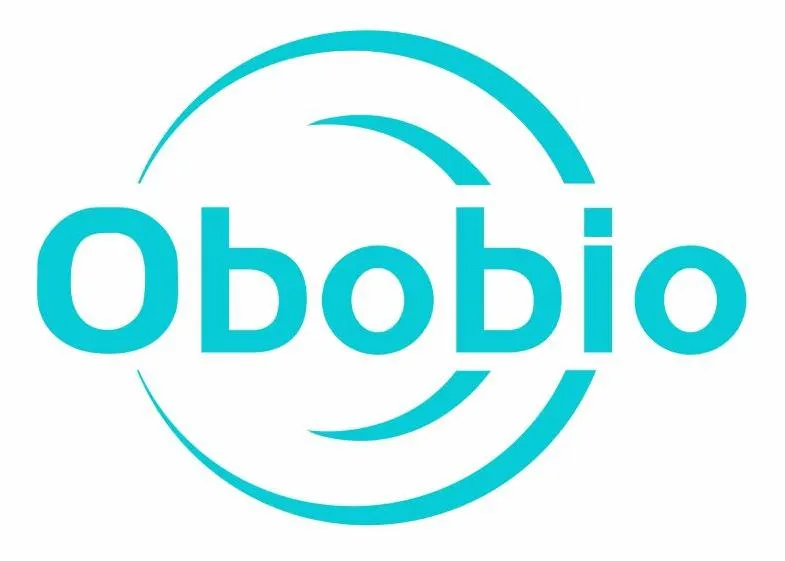Are you searching for a reliable lab plasticware exporter to supply your research facility or laboratory? The global laboratory plasticware market reached $2.13 billion in 2023 and continues growing at 4.8% annually. Therefore, choosing the right lab plasticware exporter directly impacts your research quality and operational costs.
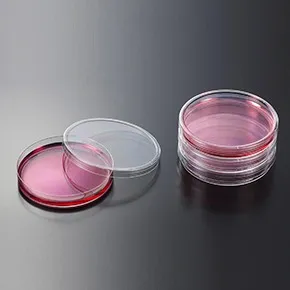
Quick Reference: Lab Plasticware Export Market Overview
| Market Factor | 2025 Data |
|---|---|
| Global Market Size | $2.4 billion |
| Expected Growth Rate | 4.8% CAGR (2025-2030) |
| Largest Market Region | North America (35% share) |
| Top Material Used | LDPE (30.68% market share) |
| Sustainable Segment Growth | 19% CAGR through 2035 |
| Key Export Countries | USA, Germany, China, Japan |
Source: Market research data compiled from industry reports
Table of Contents
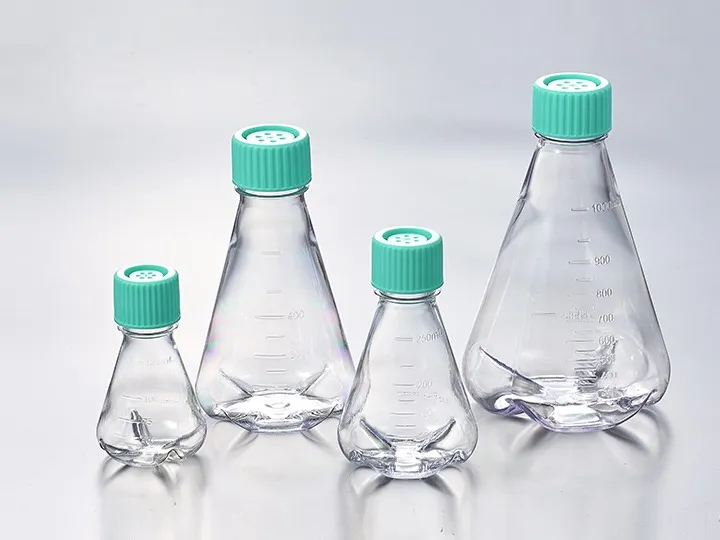
What Makes a Lab Plasticware Exporter Trustworthy in 2025?
A trustworthy lab plasticware exporter must have ISO certifications, FDA approvals, and proven quality management systems. Additionally, they should offer comprehensive product testing, reliable shipping, and responsive customer support for international buyers.
When selecting a lab plasticware exporter, you need to consider several critical factors. First, look for companies with established manufacturing facilities and quality control processes. Moreover, experienced exporters understand international shipping regulations and customs requirements.
Quality certifications play a crucial role in determining exporter reliability. The best lab plasticware exporters maintain ISO 13485 certification for medical devices and ISO 9001 for quality management. Furthermore, they often hold FDA registrations and CE markings for European markets.
Product range diversity also indicates exporter capability. Top exporters typically offer:
- Disposable pipettes and tips
- Cell culture flasks and plates
- Centrifuge tubes and microtubes
- Storage containers and bottles
- Specialized research equipment
How Do Lab Plasticware Export Trends Impact Buyers?
Current export trends show increasing demand for sustainable materials and single-use products. Consequently, buyers benefit from lower prices, better quality, and more eco-friendly options when working with forward-thinking exporters.
The laboratory plasticware export industry has evolved significantly in recent years. Notably, the sustainable laboratory plasticware segment is growing at an impressive 19% annually. This growth reflects increasing environmental awareness among research institutions worldwide.
Single-use plasticware demand continues rising because it eliminates contamination risks and reduces sterilization costs. As a result, lab plasticware exporters are expanding their disposable product lines to meet this demand.
Regional export patterns show interesting developments:
- North America leads exports with advanced manufacturing capabilities
- Europe focuses on sustainable and high-quality products
- Asia-Pacific offers competitive pricing and large-scale production
- Emerging markets provide specialized niche products
Which Lab Plasticware Materials Should Exporters Prioritize?
Low-density polyethylene (LDPE) dominates the market with 30.68% share, followed by polystyrene and high-density polyethylene. Smart exporters focus on these materials because they offer excellent chemical resistance and cost-effectiveness.
Understanding material properties helps buyers make informed decisions when selecting a lab plasticware exporter. Each material serves specific laboratory applications:
LDPE advantages include:
- Excellent chemical resistance to acids and bases
- Flexibility and durability for repeated use
- Cost-effective manufacturing and shipping
- Wide temperature range compatibility
Polystyrene benefits offer:
- Crystal-clear transparency for visual inspection
- Easy molding into complex shapes
- Lightweight properties for reduced shipping costs
- Good compatibility with common solvents
Emerging sustainable materials are gaining popularity among environmentally conscious buyers. These include bio-based plastics and recyclable formulations that maintain performance standards.
What Quality Standards Should Lab Plasticware Exporters Meet?
Professional lab plasticware exporters must comply with FDA regulations, ISO standards, and regional quality requirements. Furthermore, they should provide detailed certificates of analysis and maintain strict contamination control protocols.
Quality assurance remains the most critical factor when evaluating potential exporters. Therefore, buyers should verify that exporters follow comprehensive quality management systems.
Essential certifications include:
- ISO 13485 for medical device quality management
- FDA registration for US market compliance
- CE marking for European Union requirements
- Good Manufacturing Practice (GMP) certification
Testing protocols that reliable exporters implement:
- Biocompatibility testing for cell culture applications
- Chemical resistance verification
- Dimensional accuracy measurements
- Sterility assurance for critical applications
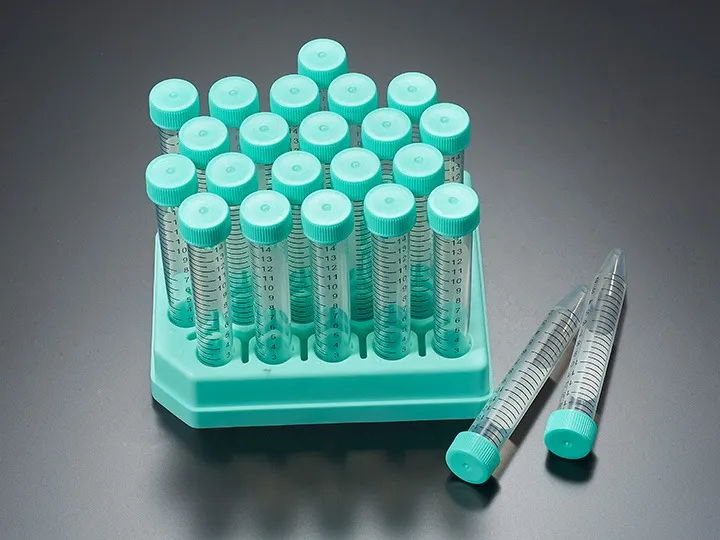
How Can Buyers Evaluate Lab Plasticware Exporter Reliability?
Reliable lab plasticware exporters demonstrate their credibility through transparent communication, detailed product specifications, and consistent delivery performance. Additionally, they provide references from established clients and maintain proper insurance coverage.
Evaluating exporter reliability requires systematic assessment of multiple factors. First, examine their manufacturing capabilities and quality control processes. Next, review their export documentation and compliance records.
Key evaluation criteria include:
- Years in business and export experience
- Manufacturing facility certifications and audits
- Customer testimonials and case studies
- Financial stability and insurance coverage
- Technical support and after-sales service
Red flags to avoid:
- Lack of proper certifications or documentation
- Unwillingness to provide product samples
- Poor communication or delayed responses
- Extremely low prices without quality justification
- No established quality control procedures
What Are the Current Lab Plasticware Export Market Opportunities?
The sustainable laboratory plasticware segment offers the highest growth potential, expanding from $0.47 billion in 2024 to $2.69 billion by 2035. Therefore, exporters focusing on eco-friendly products can capture significant market share.
Market opportunities continue expanding as research activities increase globally. Consequently, lab plasticware exporters can capitalize on several growth trends.
Emerging opportunities include:
- Sustainable products with 19% annual growth
- Single-use applications for contamination prevention
- Specialized research tools for advanced studies
- Custom manufacturing for unique requirements
Regional growth drivers:
- Increased pharmaceutical research and development
- Expanding biotechnology sector investments
- Growing academic research funding
- Rising healthcare expenditure worldwide
Why Should Buyers Choose OBO Biology Tech as Their Lab Plasticware Exporter?
OBO Biology Tech combines advanced manufacturing capabilities with comprehensive quality assurance to deliver superior laboratory plasticware. Moreover, our global export experience ensures reliable delivery and competitive pricing for international buyers.
At OBO Biology Tech, we understand the critical importance of quality laboratory equipment for successful research outcomes. Therefore, we maintain the highest standards throughout our manufacturing and export processes.
Our competitive advantages:
- Advanced manufacturing with state-of-the-art facilities
- Comprehensive quality control including detailed testing protocols
- Global export expertise with proven delivery track record
- Competitive pricing through efficient operations
- Technical support from experienced laboratory professionals
Product quality assurance:
- All products meet or exceed international standards
- Comprehensive certificates of analysis provided
- Regular third-party audits and inspections
- Continuous improvement through customer feedback
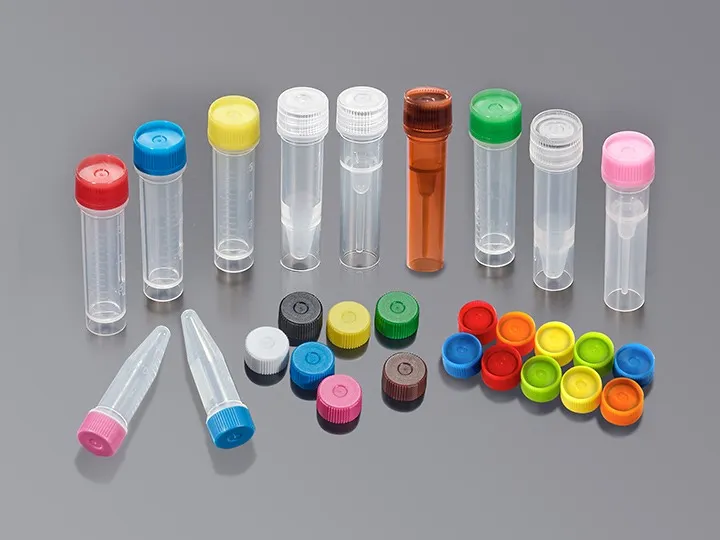
Frequently Asked Questions About Lab Plasticware Exporters
What certifications should a reliable lab plasticware exporter have?
A professional lab plasticware exporter should maintain ISO 13485 certification for medical devices, FDA registration for US markets, and CE marking for European compliance. Additionally, they should have Good Manufacturing Practice (GMP) certification and regular third-party audits.
How do I verify the quality of exported lab plasticware?
Quality verification involves requesting certificates of analysis, product samples, and manufacturing facility documentation. Furthermore, check for proper packaging, accurate labeling, and compliance with international shipping standards.
What are the typical lead times for lab plasticware exports?
Standard lead times range from 2-4 weeks for stock items and 4-8 weeks for custom products. However, lead times vary based on order quantity, destination country, and shipping method selected.
How can I ensure cost-effective lab plasticware importing?
Cost optimization involves comparing total landed costs, including shipping, duties, and handling fees. Moreover, consider bulk ordering, long-term contracts, and working directly with manufacturers to reduce intermediary costs.
What sustainable options are available from lab plasticware exporters?
Sustainable options include bio-based plastics, recyclable materials, and reusable products designed for multiple applications. The sustainable segment is growing at 19% annually, offering increasingly diverse eco-friendly choices.
How do I handle customs and regulatory requirements for lab plasticware imports?
Work with experienced exporters who understand international trade regulations and provide proper documentation. Additionally, consider using customs brokers or freight forwarders familiar with laboratory equipment requirements.
What should I do if imported lab plasticware doesn’t meet specifications?
Establish clear quality agreements before ordering and maintain detailed communication with your exporter. Furthermore, verify return policies, replacement procedures, and quality guarantee terms in your purchase contracts.
How can I build long-term relationships with lab plasticware exporters?
Build relationships through consistent communication, prompt payments, and constructive feedback. Moreover, consider exclusive partnerships, joint product development, and regular business reviews to strengthen cooperation.
This comprehensive guide helps laboratory professionals make informed decisions when selecting lab plasticware exporters. For more information about our export capabilities and product range, visit OBO Biology Tech or contact our international sales team.
Ask for free sample today
🔐 Privacy respected. No spam. Ever.
